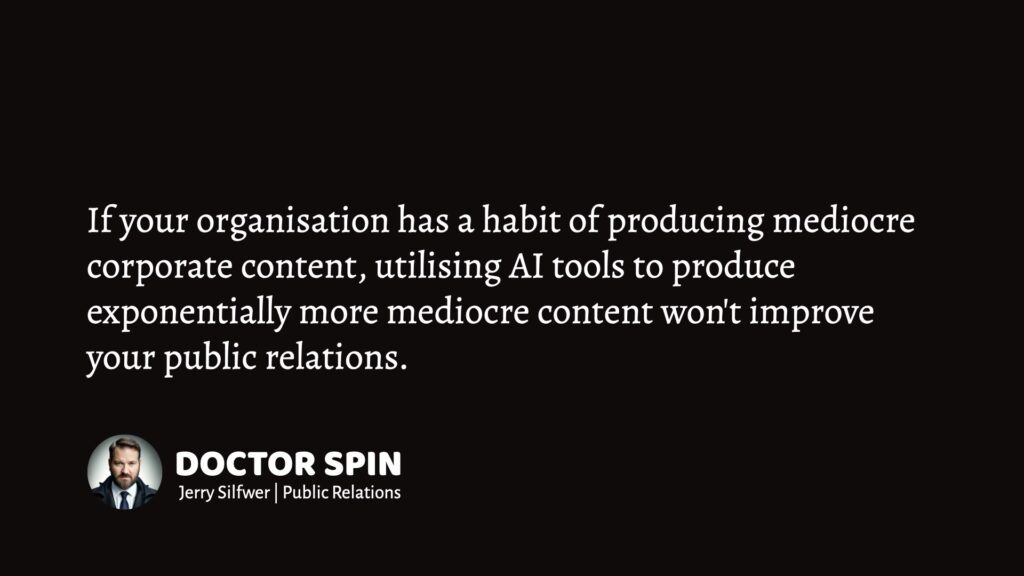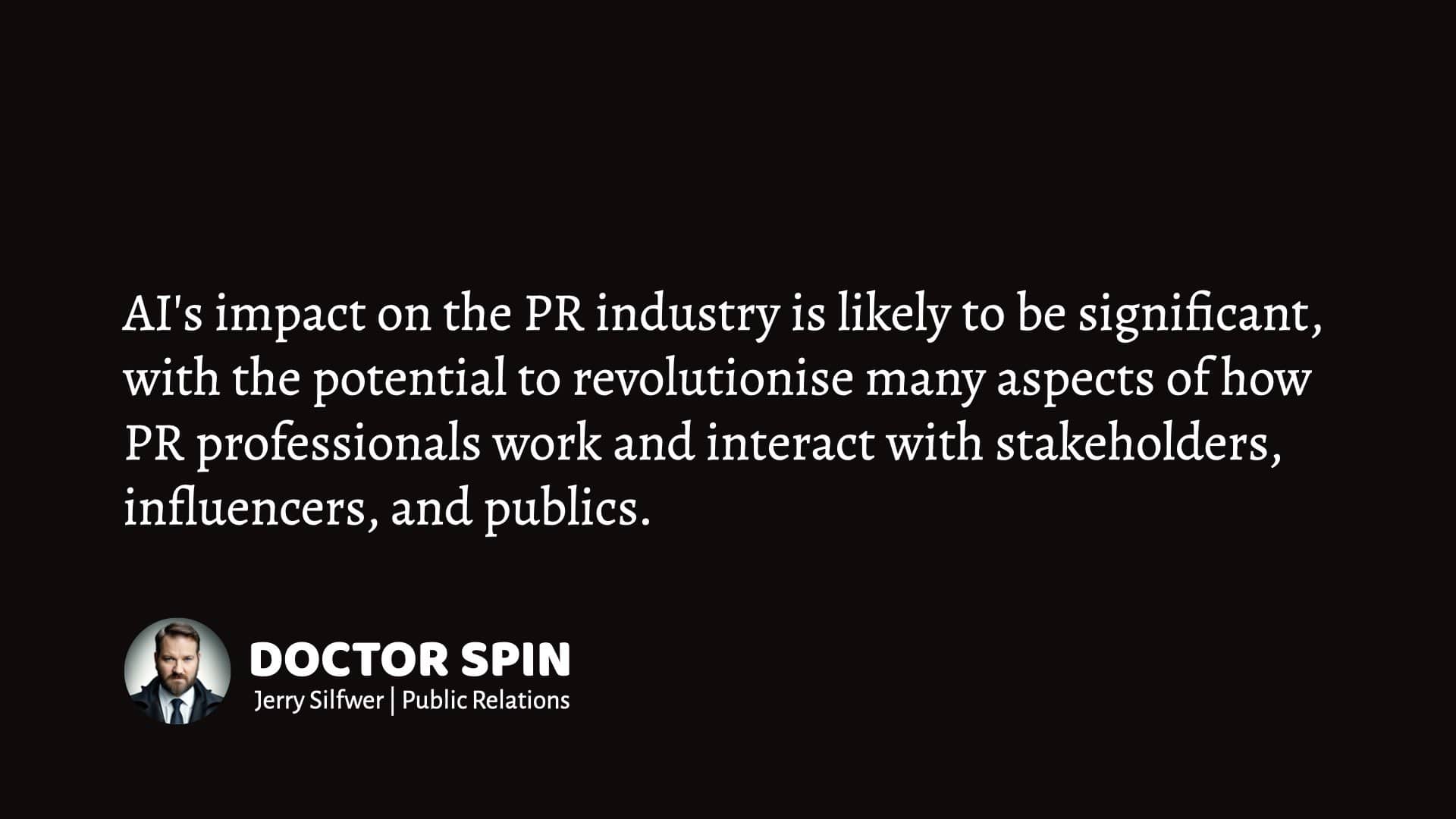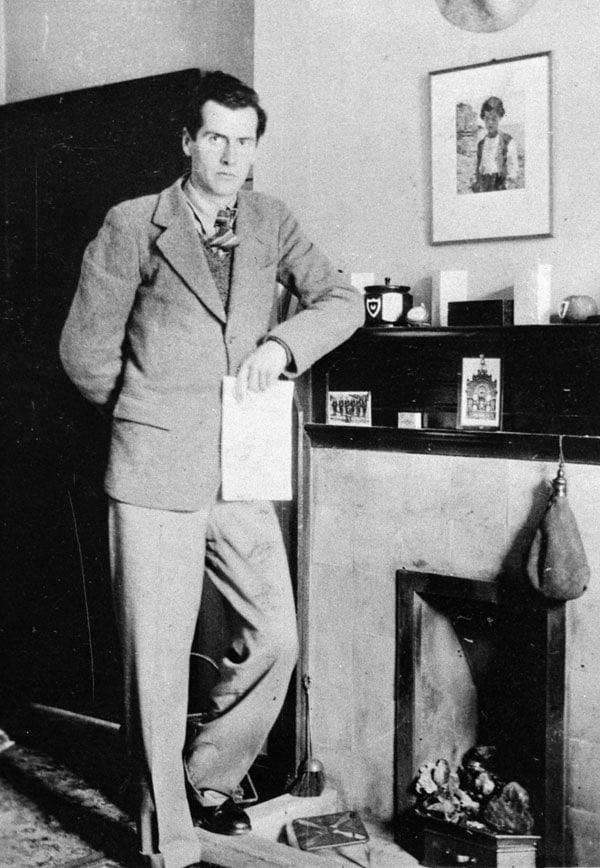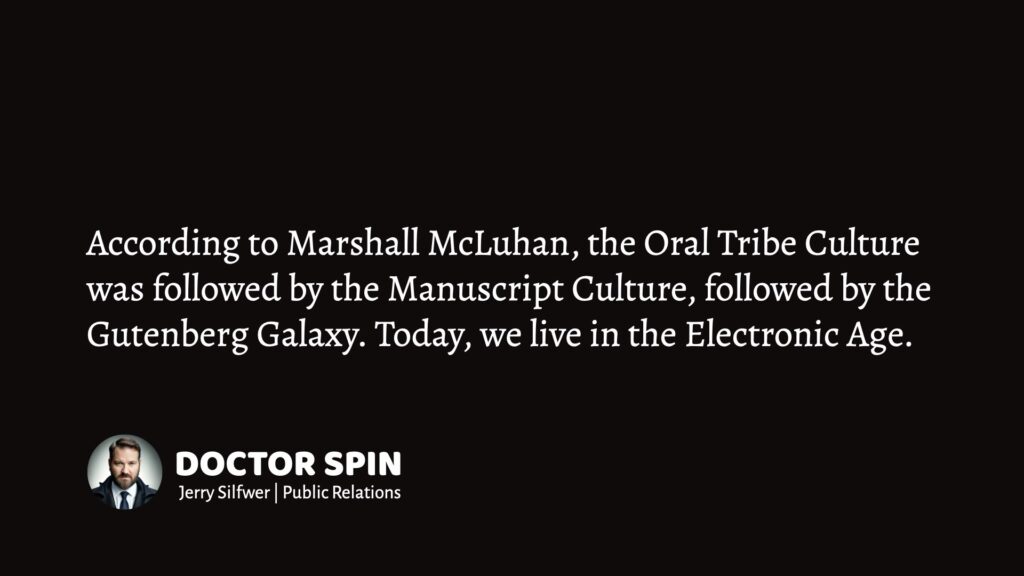We’re facing an AI content explosion.
We’re facing an AI content explosion of epic proportions. To succeed with PR, organisations must focus on deeper and more long-lasting relationships through better content — not more of the same.
Organisations must create high-quality, unique content that resonates with their audience to succeed in this crowded landscape.
Here we go:
The AI Content Explosion
As we venture further into the era of artificial intelligence, the growth of corporate content is inevitable. Natural language processing (NLP) algorithms enable businesses to generate large volumes of written content in a fraction of the time it would take a human writer.
From product descriptions and marketing materials to news articles and social media posts, AI-powered content generation tools rapidly stream content production and allow companies to maintain a consistent presence across multiple platforms.
By utilising chatbots on websites, social media platforms, and messaging apps, companies can engage with their audience around the clock, answering queries and offering tailored recommendations.
By predicting the most compelling topics, formats, and channels for content distribution, AI empowers companies to create … more content. As a result, the rise of AI is fueling an AI content explosion.
AI, Content, and PR
Artificial intelligence will impact every industry — and public relations is no exception. People are using AI tools to churn out content at an explosive rate.

Many PR professionals are exploring new and exciting AI tools to increase their output of corporate content. 1Silfwer, J. (2022, December 10). The Reykjavik Press Release. Doctor Spin | The PR Blog. https://doctorspin.net/reykjavik-press-release/
However, following suit with the AI content explosion might not be the best idea.
If your organisation has a habit of producing mediocre corporate content, utilising AI tools to produce exponentially more mediocre content won’t improve your public relations.
It’s reasonable to assume that emerging AI tools will enable lazy storytellers to churn out more content en masse. Should your organisation join this group?
The sheer volume of AI-generated content being produced and published means that it will become increasingly difficult for companies to differentiate themselves and capture the attention of their target audience. This is especially true in industries where many organisations are vying for attention. 2Højris Bæk, D. (2023, January 11). Google is not against AI generated content and text any longer. Seo.ai. https://seo.ai/blog/google-is-not-against-ai-content
PR Must Zig When Other Zag
In an increasingly artificial world, PR professionals must dare to think differently.
Public relations is a zigzag. When everyone is zigging, you should zag. Embrace your inner contrarian.
The rise of AI-generated content presents a counter-intuitive opportunity for public relations. In a quantitative world, your brand could go the other way and focus on quality (the principle of scarcity).
By focusing on quality over quantity and safeguarding the human touch in communications with stakeholders, influencers, and publics, organisations can stand out from the crowd and make a real impact with their messaging.
Learn more: The AI Content Explosion
PR Beyond AI
Whenever I’m asked what I do for a living, I reply, “I help organisations to communicate better.” That, to me, has always felt like an accurate and meaningful answer.
But progress is unavoidable.
As the AI Revolution makes its presence felt, I think about what ‘communicating better’ will mean as we move forward.
I’m wondering:
Replacing Humans — A Good or Bad Idea?
During the Industrial Revolution, society underwent three distinct phases:
Based on the three phases of the Industrial Revolution, we can see that whatever comes afterwards is a natural outcome of the industrialisation process.
The result wasn’t terrible. The AI Revolution may lead to similar outcomes.
How AI Will Impact PR (Probably)
Overall, AI’s impact on the PR industry is likely to be significant, with the potential to revolutionise many aspects of how PR professionals work and interact with stakeholders, influencers, and publics.

There are several ways in which artificial intelligence (AI) is likely to impact the public relations (PR) industry.
Here are a few examples:
More IT = We Need More (Not Less) PR Skills
Historically, societal progress has often meant that humans have been freed to think, communicate, and create. And it’s usually in these rare and inspired times of enlightenment that we take great strides towards discovering meaning, creating art, and understanding the universe.
For better or worse, public relations is a lubricant for the interface between the industrial systems and real people engaged in producing and consuming.
This is how PR professionals have found their role in the greater scheme of societal development.
This is likely how we’ll find our footing beyond AI, too.
In a post-AI society, human-to-human communication skills will likely be as valued as they are today. Perhaps even more.
Read also: PR Beyond AI
The Principle of Scarcity
The principle of scarcity is well-established in scientific literature. If something seems scarce, we anticipate our possible regret of failing to acquire the resource in time:
“In 2 experiments, a total of 200 female undergraduates rated the value and attractiveness of cookies that were either in abundant supply or scarce supply. […] Results indicate that (a) cookies in scarce supply were rated as more desirable than cookies in abundant supply; (b) cookies were rated as more valuable when their supply changed from abundant to scarce than when they were constantly scarce; and © cookies scarce because of high demand were rated higher than cookies that were scarce because of an accident.“
Source: Journal of Personality and Social Psychology 4Worchel, S., Lee, J., & Adewole, A. (1975). Effects of supply and demand on ratings of object value. Journal of Personality and Social Psychology, 32(5), 906 – 914.
We are programmed for survival and will, therefore, a) overvalue items and services that are scarce and b) undervalue those plentifully. 5Silfwer, J. (2016, August 4). FOMO & Digital Trends: You Don’t Have To Catch Them All. Doctor Spin | The PR Blog. https://doctorspin.net/fomo/
Creating artificial scarcity (by limiting availability) is a powerful PR strategy, but to avoid backfiring, the PR professional must refrain from framing the offer using untrue statements.
Learn more: The Power of Artificial Scarcity
Enter: The Electronic Age
Human culture is often described based on our access to production technologies (e.g., the Stone Age, the Bronze Age, and the Iron Age).
According to Marshall McLuhan and the Toronto School of Communication Theory, a better analysis would be to view societal development based on the prominence of emerging communications technologies.

McLuhan’s Four Epochs
McLuhan suggests dividing human civilisation into four epochs:
“The Gutenberg Galaxy is a landmark book that introduced the concept of the global village and established Marshall McLuhan as the original ‘media guru’, with more than 200,000 copies in print.”
Source: Modern Language Review 6McLuhan, M. (1963). The Gutenberg galaxy: the making of typographic man. Modern Language Review, 58, 542. https://doi.org/10.2307/3719923

As a PR professional and linguist, I subscribe to the concept of the Electronic Age. I firmly believe society is unlikely to revert to the Gutenberg Galaxy.
Like the rest of society, the PR industry must commit to digital-first, too. Mark my words: It’s all-in or bust.
Read also: The Electronic Age and the End of the Gutenberg Galaxy

THANKS FOR READING.
Need PR help? Hire me here.

What should you study next?
Spin Academy | Online PR Courses

Spin’s PR School: Free Content PR Course
Unlock your potential with this Free Content PR Course. Learn effective digital public relations strategies and elevate your career to new heights today.
Content Communications
Content Management
Content Strategies
Learn more: All Free PR Courses
💡 Subscribe and get a free ebook on how to get better PR.

Annotations
| 1 | Silfwer, J. (2022, December 10). The Reykjavik Press Release. Doctor Spin | The PR Blog. https://doctorspin.net/reykjavik-press-release/ |
|---|---|
| 2 | Højris Bæk, D. (2023, January 11). Google is not against AI generated content and text any longer. Seo.ai. https://seo.ai/blog/google-is-not-against-ai-content |
| 3 | Silfwer, J. (2023, March 20). The AI Content Explosion. Doctor Spin | The PR Blog. https://doctorspin.net/ai-content-explosion/ |
| 4 | Worchel, S., Lee, J., & Adewole, A. (1975). Effects of supply and demand on ratings of object value. Journal of Personality and Social Psychology, 32(5), 906 – 914. |
| 5 | Silfwer, J. (2016, August 4). FOMO & Digital Trends: You Don’t Have To Catch Them All. Doctor Spin | The PR Blog. https://doctorspin.net/fomo/ |
| 6 | McLuhan, M. (1963). The Gutenberg galaxy: the making of typographic man. Modern Language Review, 58, 542. https://doi.org/10.2307/3719923 |


